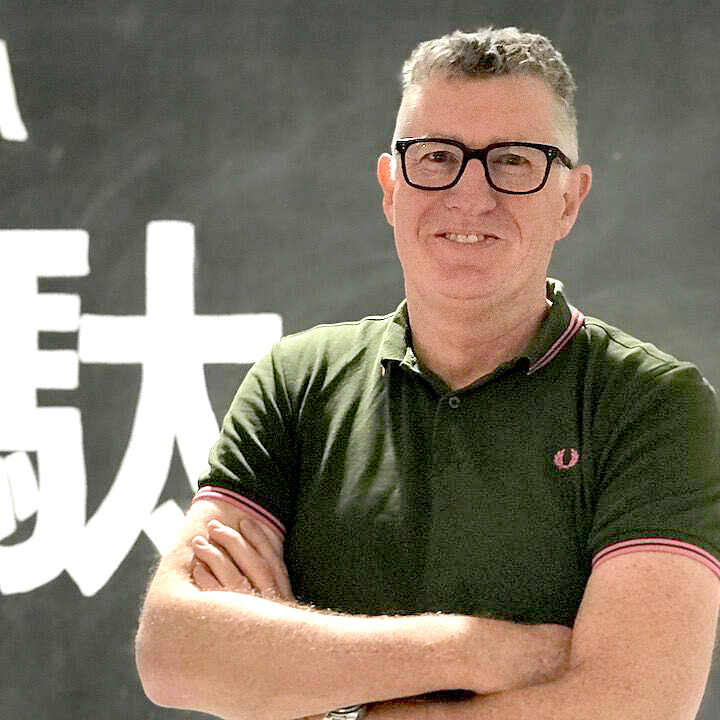
Nigel Dalton
Social ScientistAcross my 35-years as a Social Scientist, technologist, evangelist, inventor, startup-tragic, researcher, and corporate executive, the two circles of a 1980s Venn diagram labelled ‘business’ and ‘technology’ have become one. We now live in the era of a socio-technological singularity. In this new world, where we are deeply reliant on machines, there are less code problems, and more people problems.
The arrival of the world-wide-web in the late 1990s strapped a rocket on that trend – customers could now buy products and services anywhere in the world, people were now armed (using a mobile phone) with more information than your very best salesperson. Mastering technology became mandatory for any organisation in a world where we now had ebusiness, ecommerce, email, etax, and esports.
In the 1980s and 1990s, big business ate small – survival mostly meant fending off the barbarians at the gate. Now fast business eats slow – although ‘slow’ and ‘big’ are easily conflated. It does not have to be that way.
As a social scientist for Thoughtworks, it is my job to equip organisations with the tools and thinking that can accelerate them to become a modern digital businesses – seamlessly managing online to offline in a post-customer, more human-centric world. New capabilities around speed to market, comfort with technology being at the core, use of experience design, applying data for intelligence-driven decisions, plus a productivity-centric delivery mindset, are all mandatory.
I am currently writing a book SuperProductive: startup to changeup to scaleup, where I make the case for starting that capability leap with better management, to promote resilience, invention and operational excellence. It threads together the last 2 decades of my work at ePredix, a successful Silicon Valley dot com; the turmoil of transforming Lonely Planet from a book publisher to something relevant to 21st century travellers (clue: you learn a lot from failure); then 7 ½ years leading technology and R&D at REA Group in Australia.
Gifted the moniker ‘godfather of agile’ in Australasia by Thoughtworks' founder Roy Singham for the work done at Lonely Planet to build a diaspora of agile people making work better globally, I now also work within the Lean Management community, which grew from Toyota’s methods of making workplaces healthy and productive.
Outside of work I maintain a strong interest in the people who have not harvested the web’s benefits in the last two decades, through my work supporting the teams at charities like Orange Sky Laundry, and Australia’s Flying Robot School.
















